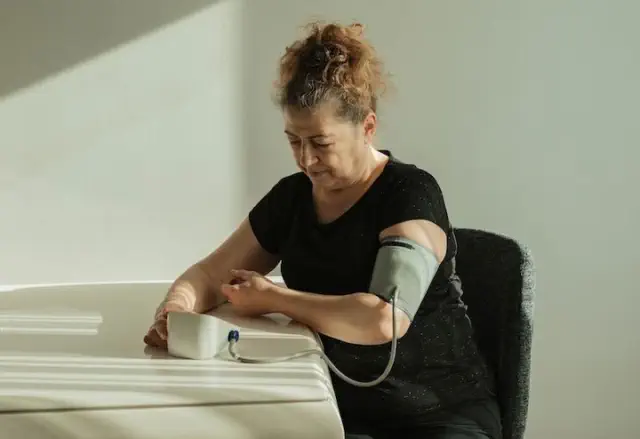
View pictures in App save up to 80% data.
Phil Wilkinson Jones
Community Democracy Reporting Initiative
Health authorities are pushing for the extension of fluoride treatment to the entire water supply in Worcestershire, in an effort to execute a public health initiative that targets the reduction of dental caries.
According to the British Fluoridation Society, efforts to adjust fluoride levels to the advised standards in Worcestershire were in place from 1970 to 1991; however, some areas are still deficient in fluoride.
Lisa McNally, the public health director for Worcestershire, revealed that a proposal has been put forth to the government; yet, the focus is currently on the north-east of England.
The BBC has contacted the Department of Health for a comment.
At the health overview and scrutiny committee meeting of the Worcestershire County Council on Wednesday, it was noted that areas like Worcester, Kidderminster, Stourport, and the Malvern Hills district are still without fluoride in their water.
Dr. McNally stated, "There is robust evidence endorsing the advantages of fluoridation, especially its beneficial effects on children's dental health. This is particularly relevant for those in lower socio-economic communities, who frequently have poorer dental health outcomes."
She mentioned that the regional public health director has requested Worcestershire to be included in the next phase of fluoridation efforts.
"They have chosen to concentrate on the north-east of England," she noted, "Nevertheless, we continue to advocate for our inclusion."
'Mixed imagery'
Councillor Richard Udall commented, "I consider it to be one of the principal strategies we can use to prevent dental problems."
Charmaine Hawker, director of delegated commissioning at the NHS Herefordshire and Worcestershire Integrated Care Board, stated: "Some parts of Worcestershire have access to it, while others do not."
"Herefordshire has no fluoridation, leading to an inconsistent situation across our region."
Councillor Richard Morris highlighted a significant "crisis" with young children under five starting school with substandard dental health.
Dr. McNally mentioned the implementation of a range of effective preventive measures, such as supervised brushing for children aged four and under.
This news was sourced by the Community Democracy Reporting Initiative, which reports on councils and other public service bodies.
Get in touch with us.
Share which stories we should investigate in Hereford & Worcester
Follow BBC Hereford & Worcester on BBC Sounds, Facebook, <










